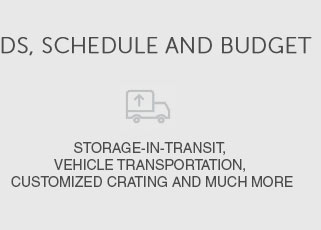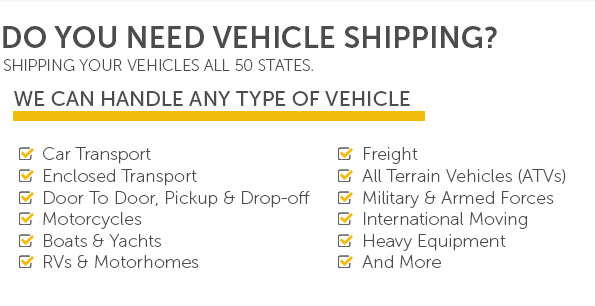 |
 |
 |
||
 |
 |
 |
 |
||
 |
 |
 |
 |
 |
 |
 |
 |
 |
 |
How to Pick a Mover for a Stress-Free RelocationChoosing the right mover can be a daunting task, but with careful consideration and planning, you can ensure a smooth transition to your new home. This guide will help you navigate the process. Researching Moving CompaniesStart by researching different moving companies in your area. Look for reviews and ratings from previous customers to gauge their reliability and quality of service. Check for Licensing and InsuranceEnsure the moving company is licensed and insured. This protects you in case of damage or loss during the move. Verify their credentials through official channels. Get Multiple QuotesRequest quotes from at least three different movers. This will give you a better understanding of the moving company cost and help you make a more informed decision. Evaluating Services OfferedConsider the range of services each mover offers. Do they provide packing and unpacking services? Are there options for storage if needed? Understand the Pricing StructureSome movers charge by weight, others by time. Make sure you understand how the pricing works to avoid unexpected costs.
Common Mistakes to AvoidAvoid these common pitfalls when choosing a mover:
For a more cost-effective move, consider exploring options for the cheapest moving trucks to rent near me. FAQWhat should I look for in a moving company?Look for a licensed and insured company with positive reviews and a range of services that suit your needs. How can I ensure my belongings are safe during the move?Choose a reputable mover with a good track record, and consider purchasing additional insurance for high-value items. Why are written estimates important?Written estimates help you understand the cost breakdown and protect you from unexpected charges. https://www.moving.com/tips/how-to-choose-a-moving-company-in-7-steps/
To find the right moving company to handle your next move, check Moving.com's extensive network of reputable and reliable movers. https://www.fmcsa.dot.gov/protect-your-move/select-mover
Here are five steps to help you select a reputable interstate mover and avoid becoming a victim of moving fraud. https://www.reddit.com/r/moving/comments/yxeck9/how_do_i_find_a_reliable_and_best_moving_company/
Get references and check them. Ask about the packers (did you find loose items in the bushes? or did some things just appear next to your ...
|